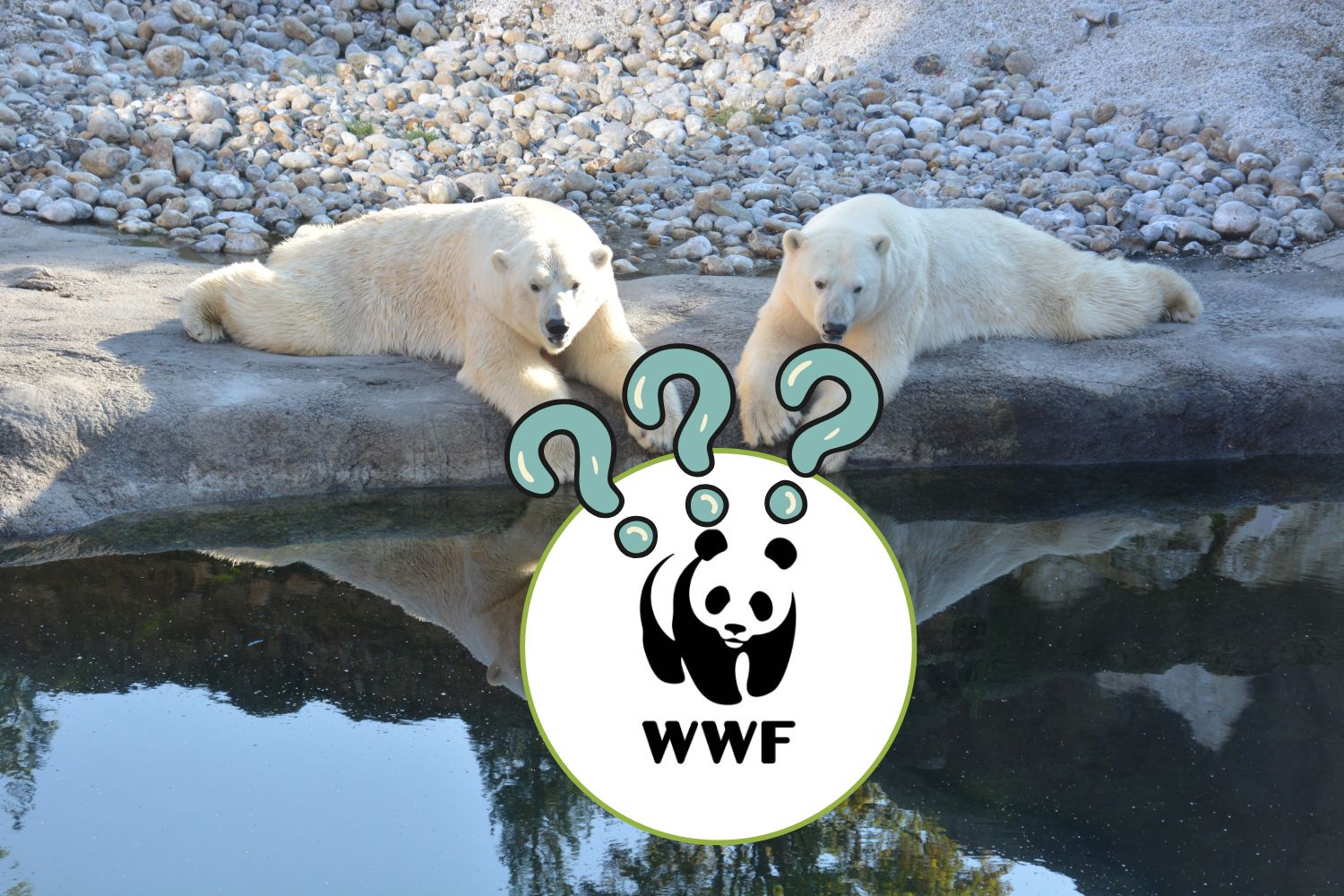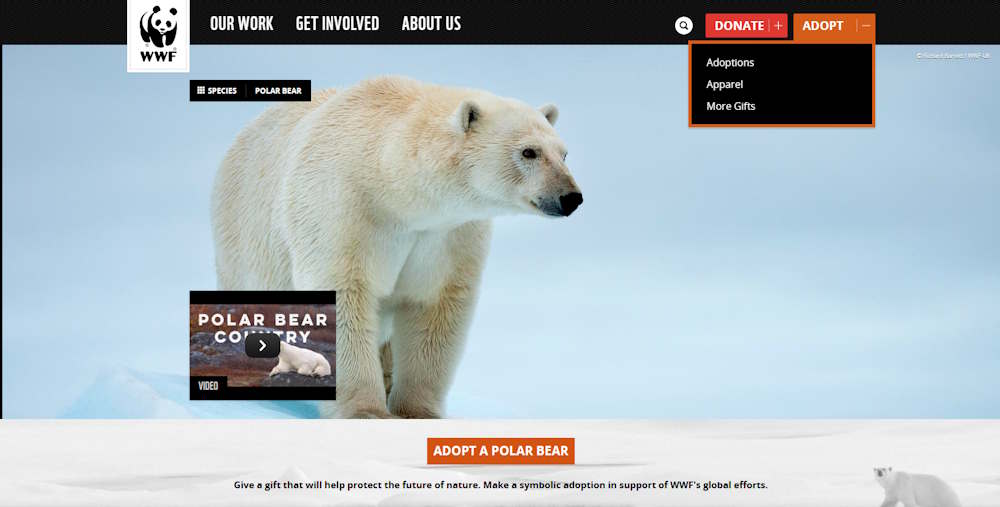WWF, the world's largest conservation organization, is at the center of a media storm. An investigation by the Guardian reveals how the association has repeatedly supported the international trade in polar bear fur, despite the species being in grave danger due to the climate crisis

The WWF website includes a specific section calling on individuals to “Adopt a Polar Bear.” Yet the organization is now accused of advocating the hunting of this threatened species.
A query by The Guardian has reopened the polar bear fur trade controversy, quoting that the WWF has repeatedly advocated for policies allowing their export abroad. This is occurring despite the fact that fewer than 30,000 polar bears are found worldwide and the species is one of the most threatened by global warming, declining sea ice coverage, and deteriorating prey abundance.
Between 300 and 400 polar bear pelts are shipped out yearly, most of them going to the Chinese market where one pelt can command $60,000. Canada is the only nation that continues to allow commercial hunting of these animals, while America, Russia, Greenland, and Norway have all outlawed it.
The Guardian investigation also took into account the WWF’s role as an international negotiator, particularly in CITES conferences, the Convention on International Trade in Endangered Species of Wild Fauna and Flora. In 2010 and 2013, the group bluntly informed the delegates not to vote in favor of an absolute ban, and the proposals led by the United States and seconded by Russia collapsed. The WWF maintained the same stance in 2022, arguing that trade is not a real threat to the global polar bear population.
WWF contradicts its own climate change warning
This position, however, appears to be inconsistent with some of the other pronouncements of the organization, which acknowledges that climate change presents the greatest threat to the existence of the species and that a few Canadian polar bear populations can have unsustainable pressure from hunting. Despite this, the WWF still preferred regulated hunting, maintaining that the trade can yield economic benefits to indigenous peoples.
The research also refers to another paradox: whereas the WWF utilizes polar bear images to fund-raise and generate conservation awareness, it has habitually justified the trade in their fur in global forums. The organization stated that if trade became an increasingly significant threat, they would reassess their position, but up to now, it has not promoted any campaign to increase global protection for polar bears.
WWF International responds

@worldwildlife.org/
WWF International, in response to the claims, has dismissed calling for polar bear pelt trade, stating that its belief is based on scientific evidence and conservation of neighboring communities. The organization reaffirmed that it does not necessarily oppose regulated hunting programs as long as they are based on sound scientific evidence and not endangering the survival of the species.
In a statement, the WWF stressed that climate change is the actual threat to polar bears because it swiftly diminishes their natural habitat. The organization stated that regulated trade in pelts is not the immediate threat and that Inuit communities, which have engaged in this hunting for centuries, can be permitted to continue benefiting economically from natural resources in a sustainable way.
However, The Guardian article highlights how this stance has led the WWF to oppose bans being proposed in CITES meetings, aligning with Canada and Inuit leaders who were worried about economic loss due to trade bans. This stance has been criticized strongly by various NGOs and conservationists, who claim that the WWF is downplaying the cumulative impact of hunting and habitat destruction on polar bears.
The Guardian investigation has unearthed the WWF’s controversial stance on polar bear fur trade. Although the organization claims that it does not support the practice, its move in global arenas is affirmative support for regulated hunting despite the species being more endangered.
The WWF continues to maintain that climate change is the greatest crisis for polar bears but has never supported limiting commercial hunting. Its inconsistency between its political action and public campaigning raises skepticism regarding the success of its conservation efforts.
As the polar bear numbers decline and global warming accelerates changes in the Arctic, the question needs to be asked: is the WWF’s policy actually doing anything to conserve the species, or should it be reconsidered?
